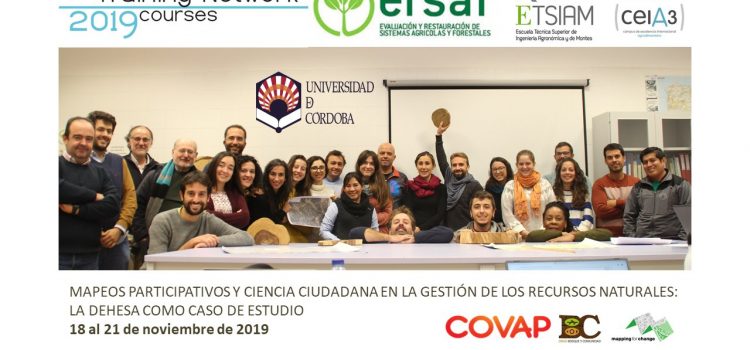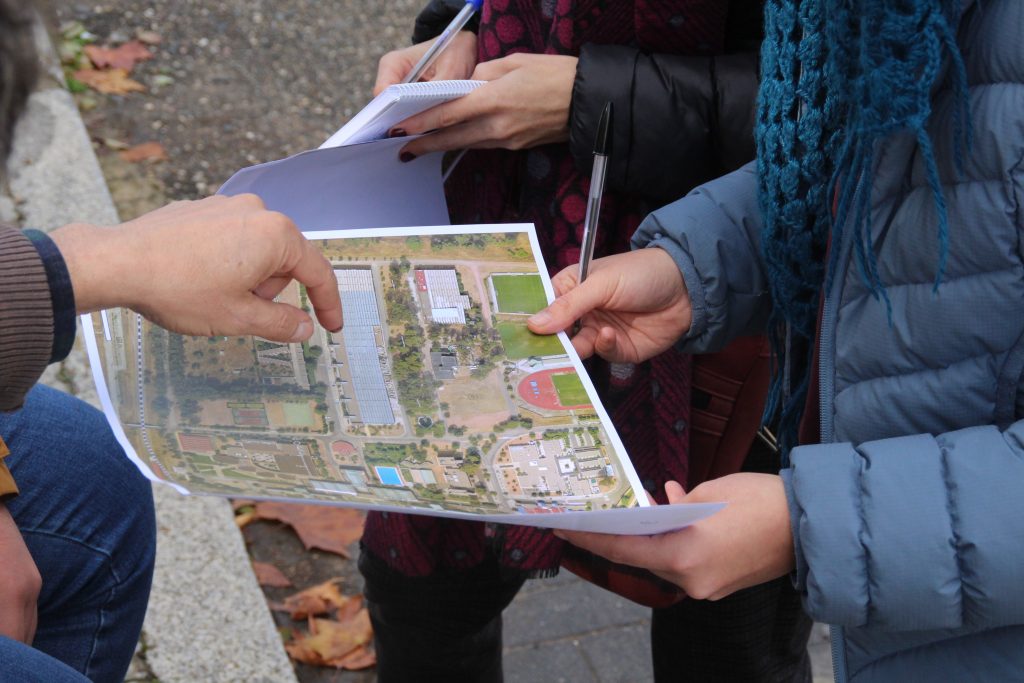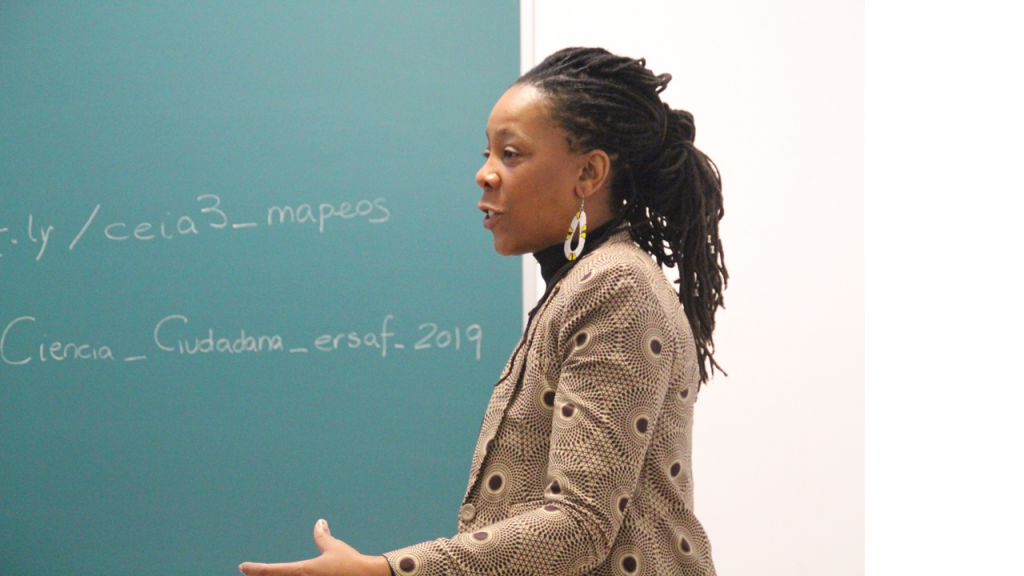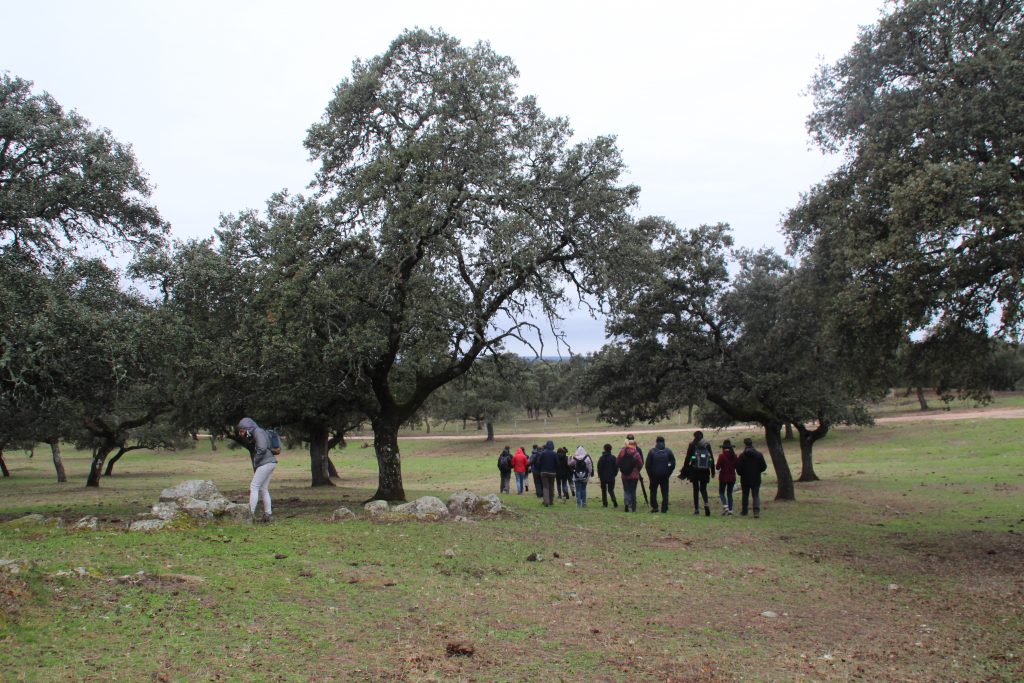
Despite the variety and number of citizen science projects existing across the globe, there is a gap in the use of citizen science methodologies for natural resources management in the global North. Having identified this, we developed and delivered the first ever course on this topic, organised by the Department of Forest Engineering at the University of Córdoba, Spain.
In November, we trained twenty professionals, using our experience of citizen science methods and engagement strategies. This content was complemented by the local knowledge of ‘dehesas’ ecosystems of the researchers from the Department of Forest Engineering.
The course began by putting ourselves on the map. This introduced basic concepts of participatory mapping which we then practiced around the University campus collecting ideas from passers-by to improve biodiversity.

On the second day, we introduced the different levels of engagement in citizen science projects. We highlighted the importance of mapping out stakeholders to understand their motivations, barriers and to draft and anticipate mitigation strategies to allow for a better engagement. Students then used this knowledge to develop engagement plans for specific projects related to agro-tourism, natural resources management, ecosystem sanitary status and ecology and regeneration within the ‘dehesa’.

A field trip to Sierra de Cardeña (Córdoba) enabled the students to gain a better understanding of this particular Iberian ecosystem. They assessed the potential implementation of the engagement plans they drafted previously to assess the potential opportunities and difficulties in the field.

On the final day, the students presented their refined engagement plans including the research question, stakeholders to engage, the data collection design, analysis and visualisation. Despite the short length of the course, they showed an advanced level of understanding of the topics introduced and were really keen on incorporating citizen science in their daily practices. We hope they enjoyed it as much as we did!